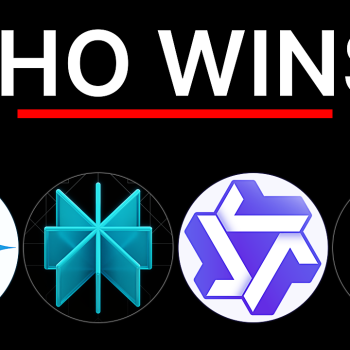The latest issue of the Indianapolis Business Journal is dedicated to the theme of innovation, and includes an interview with me about the work that Ankur Gupta and I are doing on the subject of artificial wisdom. In it I say things such as “There are some more present-day and near-future questions that I think fans of science fiction may be missing out on, that ethicists and computer scientists are not talking about quite as often as you might’ve expected.” I hope you find it interesting if you read the whole thing (which requires free registration if you aren’t a subscriber). I’ll be particularly interested to hear what people think about the last tantalizing suggestion that I make.
Of related interest:
Steve Mintz wrote about the impact of technology on higher education, in a piece that is worth quoting from at length:
[W]e must make sure that higher education’s digital transformation doesn’t come at the expense of the essence of a high quality educational experience: rich relationships with instructors and classmates, substantive feedback from a genuine expert, and a sense of membership and active participation in an academic community.
We’ve learned what doesn’t work in a digital environment: Passive spectatorship, lack of structure and scaffolding, the absence of genuine interaction and personalized feedback, and services tailored for full-time residential students.
We’ve seen horrors perpetrated in the names of access and affordability: Online programs that substitute “coaches” and “mentors” for faculty, courses that consist of little more than crude roadmaps to various Internet resources, and classes that offer training or instruction, but little in the way of substantive discussion, debate, and critical thinking in collaboration with colleagues.
In other words, if higher education’s digital transformation is to mark a genuine advance, it needs to leverage technologies to enhance the elements that make a higher education higher: communication, collaboration, constructive feedback, and active engagement in a shared experience of inquiry, analysis, interpretation, and problem solving.
https://stalinsmoustache.org/2019/05/29/is-it-time-to-dump-google/
New Scientist featured a number of articles about a number of different technologies and their social implications – AI, DeepMind, and facial recognition in particular. I particularly like this phrase from the first article by Analee Newitz: ” The only way we can prevent the AI apocalypse, such as it is, will be to debug ourselves.”
Why scientists need arts training
https://www.tor.com/2019/05/31/better-science-fiction-through-actual-science/
On shifting entirely to digital books
Colleen Morgan left social media, only to return to it recently, and in a blog post she explains why. Meanwhile an article she wrote about cyborgs and archaeology led Bill Caraher to write about Octavia Butler.
The Religious Studies Project featured two pieces about video games and religion:
https://www.religiousstudiesproject.com/2019/05/30/navigating-the-religious-worlds-of-science-fiction-and-video-games/
Lots as always from the Tech Edvocate:
https://www.thetechedvocate.org/why-people-matter-more-than-algorithms/
https://www.thetechedvocate.org/technology-collaboration-results-in-improved-success/
https://www.thetechedvocate.org/harnassing-edtechs-disruptive-power/
https://www.thetechedvocate.org/why-do-homework-when-you-can-make-a-robot-do-it/
https://www.thetechedvocate.org/could-artificial-intelligence-automate-student-note-taking/
And in First Monday there were articles on collaborative web annotation and open resources and courses.













